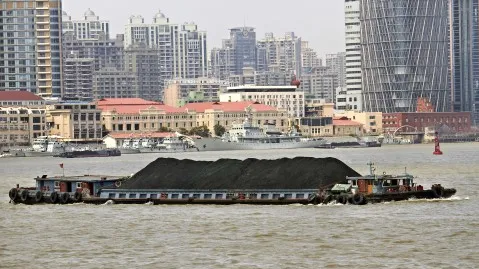
China isolatedly supports 56% of coal power development overseas
China looked increasingly isolated as other nations and financial institutions continue to withdraw from coal.
China remains the last public financier for coal plants overseas, backing up 56% of the total capacity of coal power proposals in 10 countries with large remaining project pipelines, revealed in a recent study by the Institute of Energy Economics and Financial Analysis (IEEFA).
The study showed that Chinese finance involves 13% of coal-fired power capacity that is under development or operational outside China from 2013 to 2019. It is important to note that this 13% punches way above its weight – Chinese public finance for coal has been key for de-risking many coal power projects, enabling them to crowd-in private finance that they would otherwise struggle to secure.
Further, coal finance changed significantly from 2013 to 2019. Following the pledges made by China, Japan, and Korea to reach net-zero emissions by mid-century, the three countries’ public finance for proposed new coal plants has been under severe pressure.
A significant number of banks and major investors distanced themselves from coal, including 178 major financial institutions announcing formal coal exit policies. Furthermore, an additional 65 new or improved commitments announced in the first half of 2021 showed a 60% acceleration year-on-year.
South Korea already pledged to end public finance for coal overseas. While Japan appears to attempt creating and exploiting loopholes in certain cases even after indicating that it will stop overseas public finance for coal.
IEEFA previously analysed that China was effectively the lender of last resort for coal-fired power proposals in developing Asia and Africa, thanks to the de-risking nature of its public finance from China Development Bank and China EXIM Bank, and the willingness of its huge state-owned commercial banks to keep lending to coal.
There has been a continued decrease in the global pipeline of coal power projects since 2018. Given the global momentum away from coal, there must be serious doubt that many of the proposed coal projects will proceed despite the substantial capacities of planned coal power projects in some countries.
The chart below displays the ten largest pre-construction project pipelines outside of China and India where coal power construction and financing is entirely domestic as per the Global Energy Monitor (GEM) Global Coal Plant Tracker database.
GEM data highlights the scale of the Chinese support for overseas coal pipelines that are still theoretically on the table. This support includes direct ownership of projects by Chinese state-owned power utilities and engineering companies, finance from Chinese state-owned lenders (both policy and commercial banks) and engineering, procurement, construction contracts.

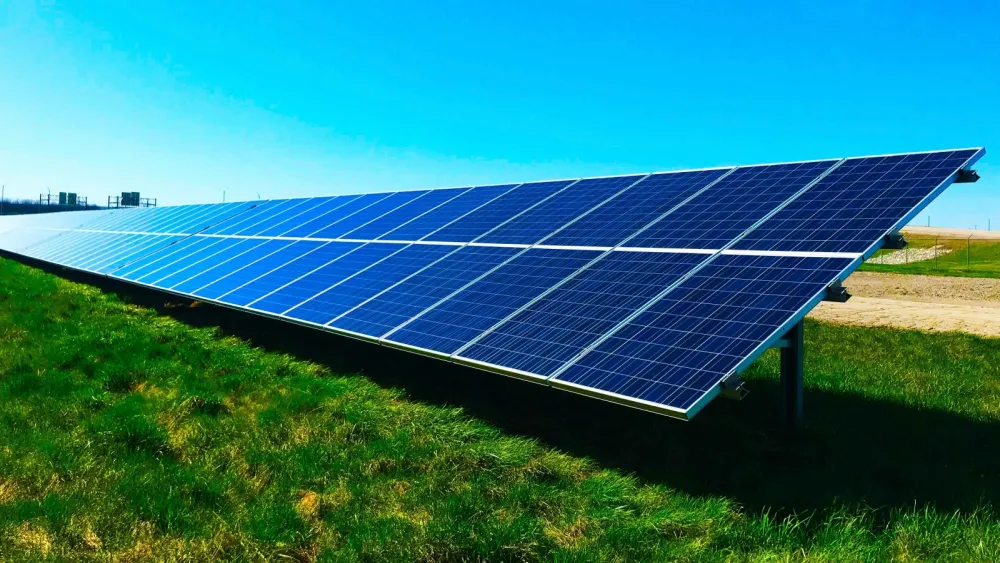
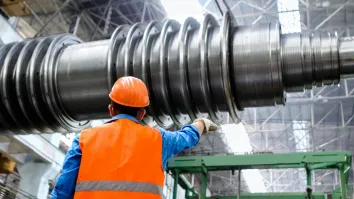

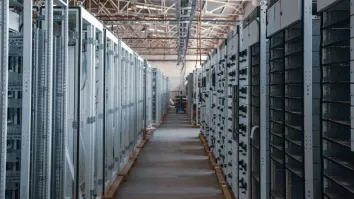
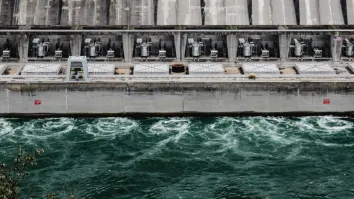













 Advertise
Advertise







